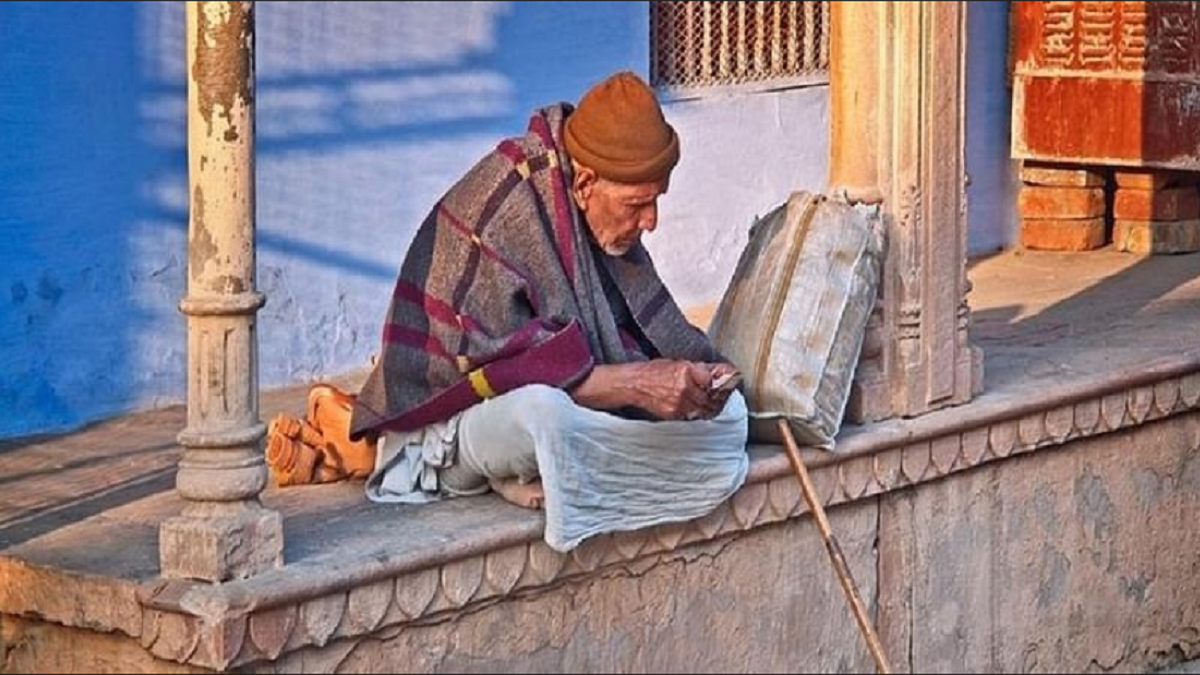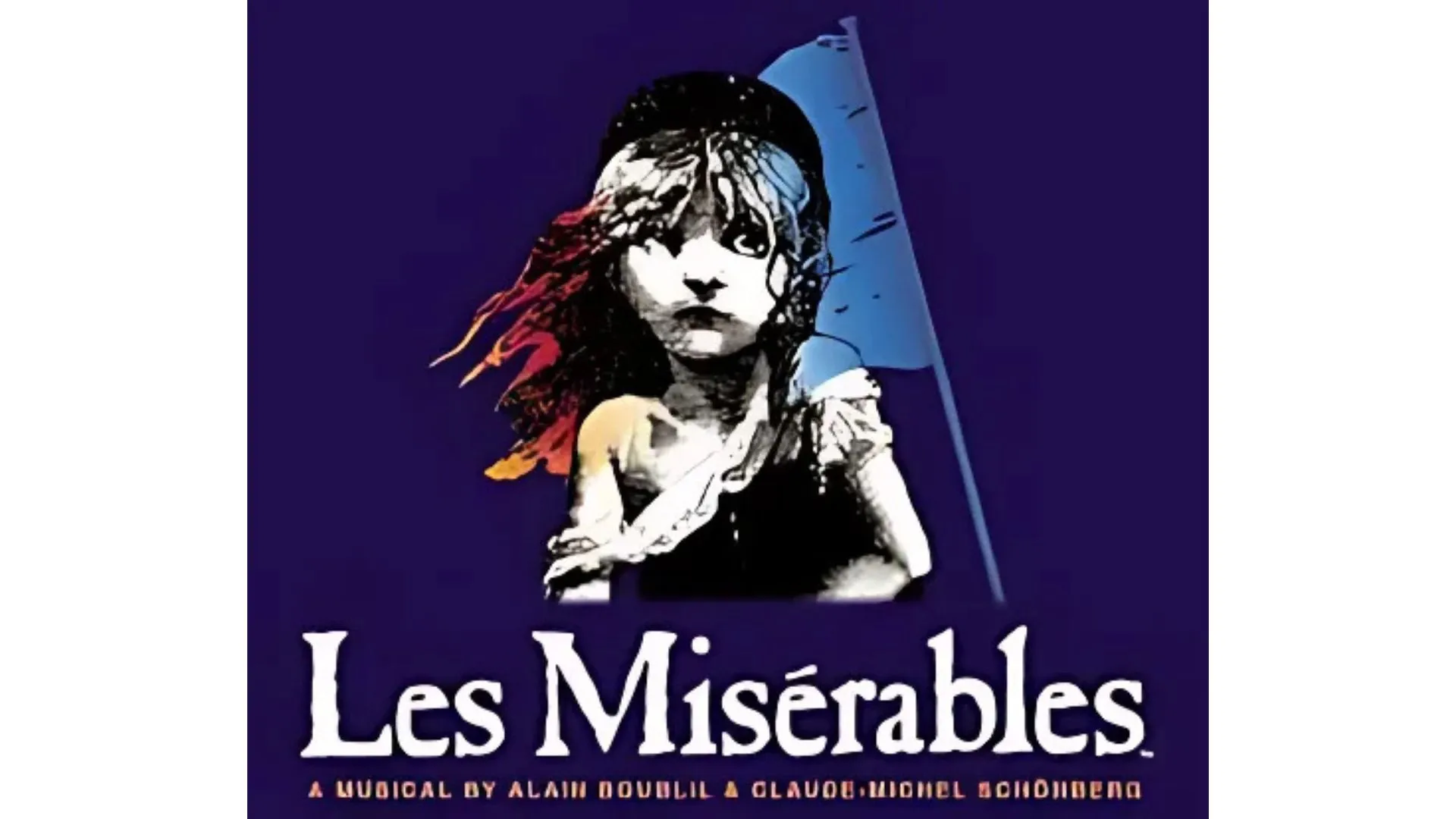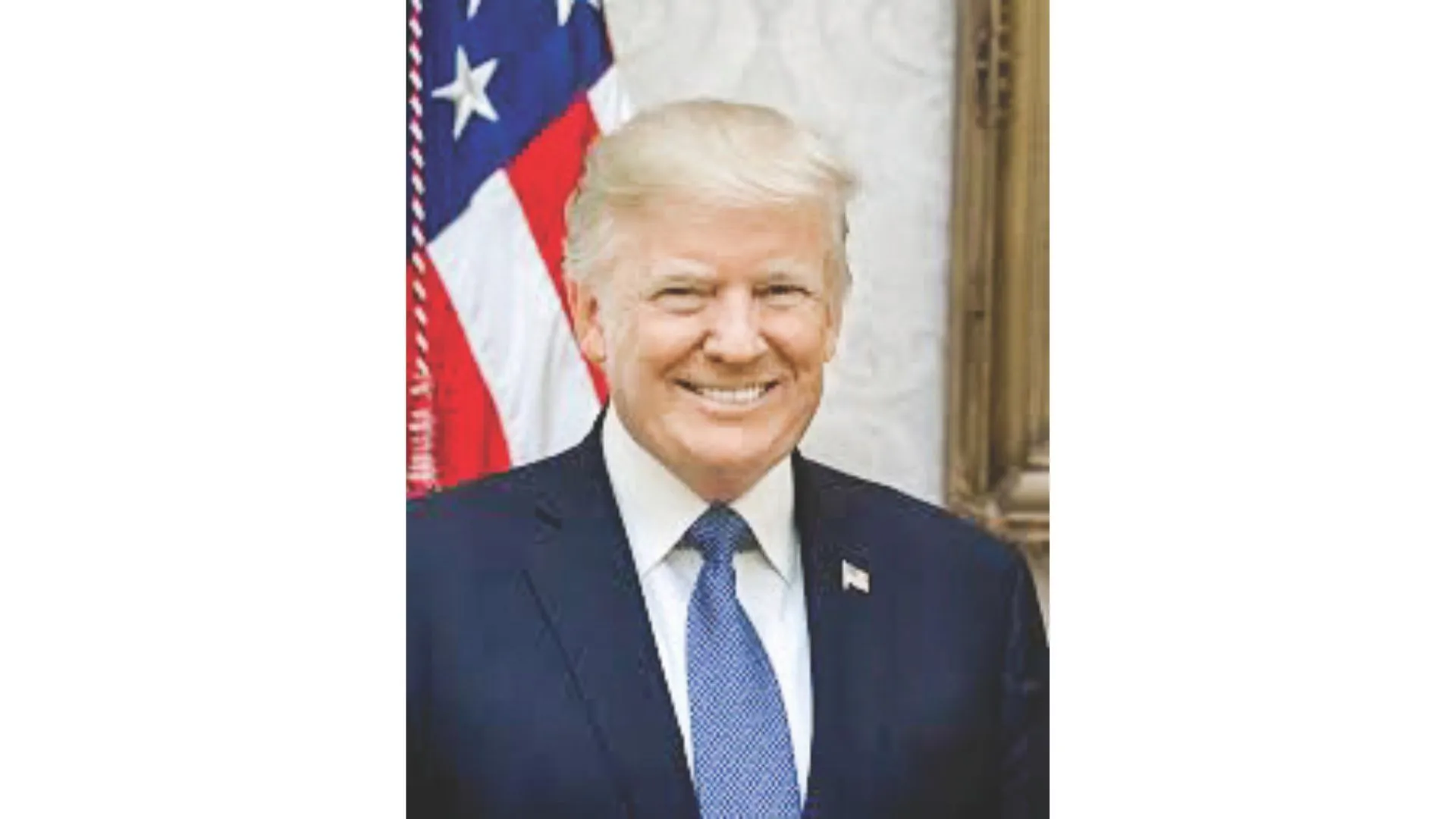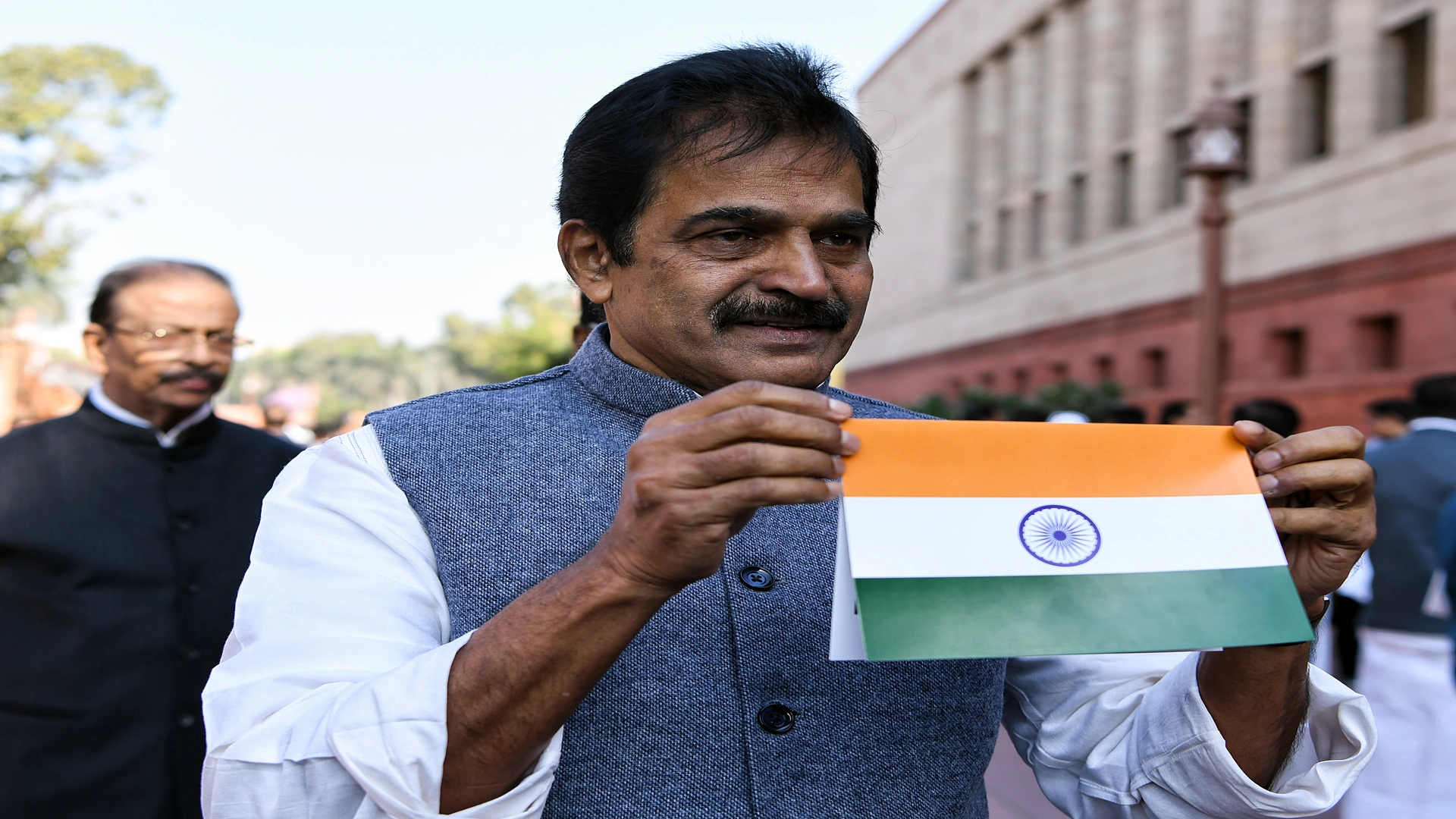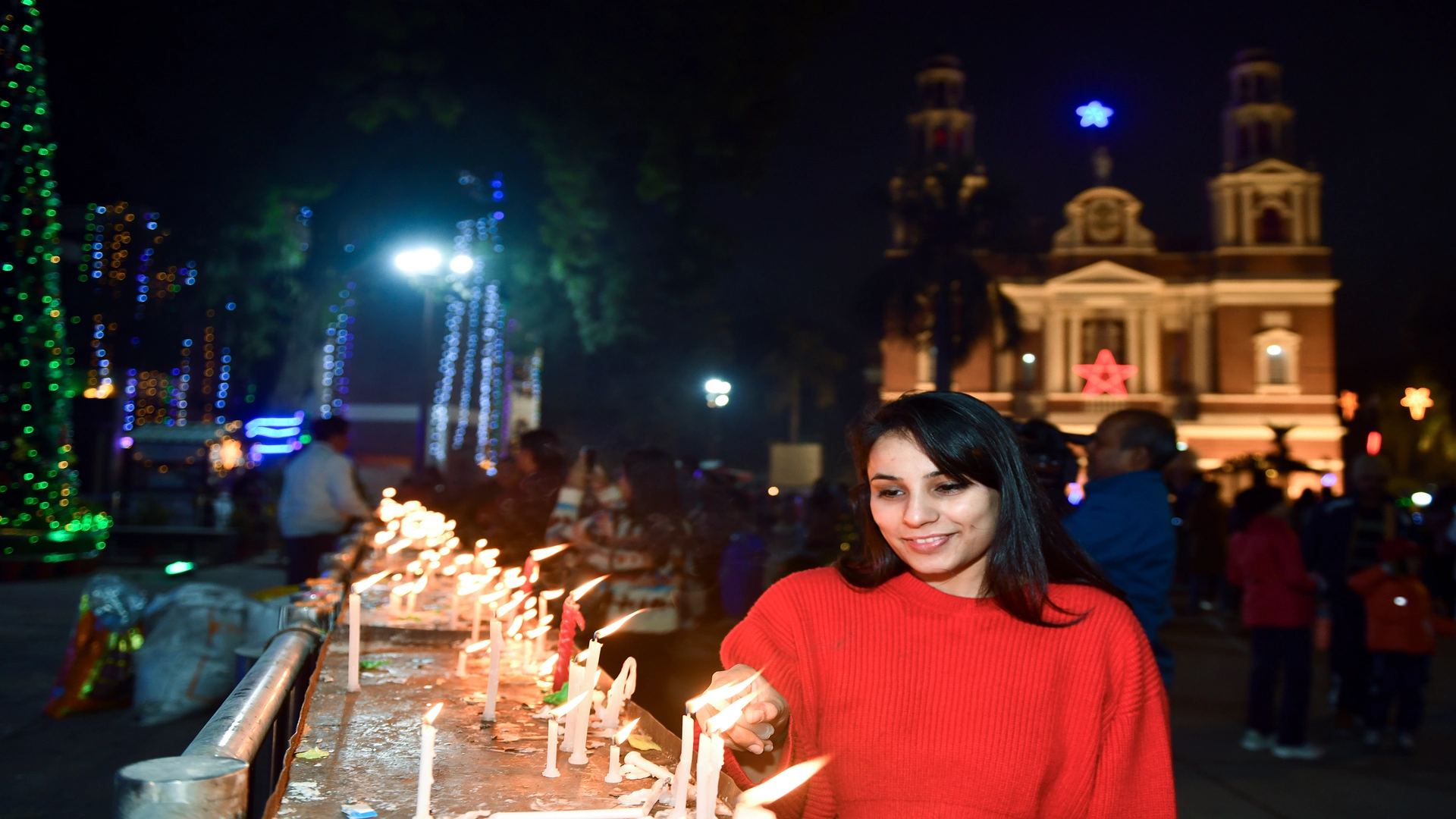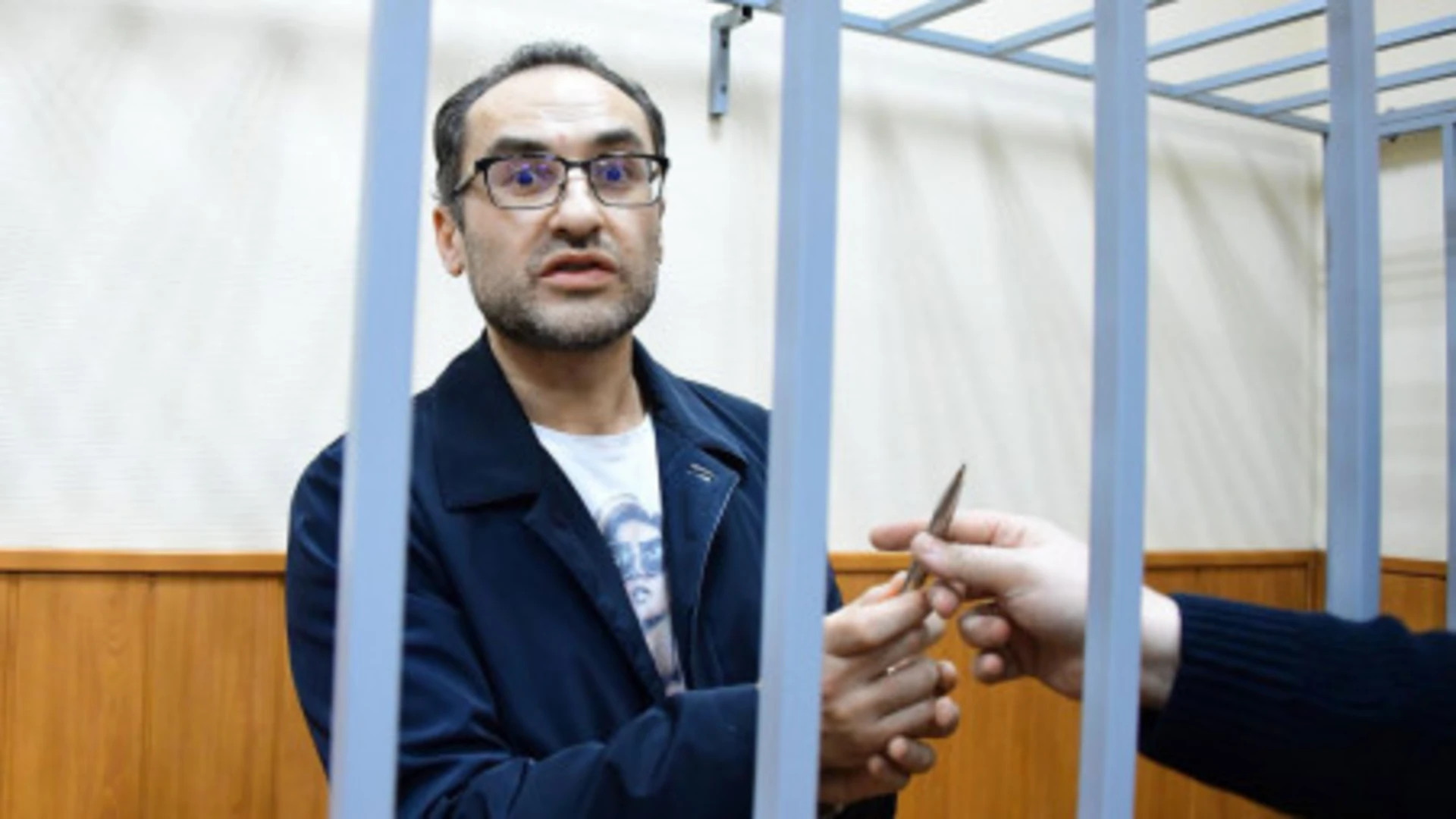Covid-19 has once again brought back, without solutions, the inconclusive debate on elderly care around the globe. According to the World Health Organization (WHO), 95% of Covid-19 deaths across the developed world belonged to elderly population languishing in nursing homes. The US government statistics reveal that one-third of all deaths due to Covid-19 have been amongst the 65 plus elderly population in 26 states. In fact, the spectre of nursing home deaths during the pandemic was so hideous that New Jersey’s Attorney General Gurbir Grewal ordered an investigation into it.
This phenomenal number of elderly deaths changes many pre-existing policy concerns — from destitution, domestic violence, crime and abandonment to their morbidity and immunity. In the process, it has also surfaced a viciously covert discriminatory medical ethics being practised in some hospitals unheard of ever in earlier times, which is about “those with more productive years to live should be treated first”. Interestingly, this debate on making age a “valid criterion” to provide medical treatment during the pandemic was triggered by Prof Arthur Kaplan, ethics advisor to the US government. His comment, published in a British medical journal, said that “age can justifiably be used to ration care if maximisation of lives saved is the overarching goal” during the pandemic. This idea was condemned by all medical practitioners and ethics scholars around the Western world since it was discriminatory and failed the test of Equality Law in medical care. However, it was reported from many hospitals in the US and the UK that they increasingly adopted this new legitimised discriminatory medical ethics of “do not resuscitate”, “do not treat” and “do not convey to hospital” by denying medical care to the elderly during the pandemic’s scarce resource availability.
One need not be so surprised at the current denial of respect to seniors simply on grounds that they were not contributing to the public exchequer. Utilitarian Bacchic gold rush of the current generation glued to their laptops have buried noble human sentiments which John Milton had so exquisitely expressed in “They also serve who stand and wait”, the last line of his Sonnet 19 – “When I consider how my light is spent”. These elderly have been the nation builders, habitat designers and institution creators across the globe and specifically in America they have contributed as baby boomers of the 1950s and 1960s, the generation that modernised the country and gave language to its technology which rules the world today. The seeds of this Darwinian pedagogy start sprouting surreptitiously once the competition for “life as a commodity” becomes tougher and more intense during scarcities.
This argument of Dr Kaplan is no different from those anthropogenic brawls of Utility Vs Value. This has coloured the vision and built a false logic around those gripped in greed while debating man versus environment, forests versus livelihood, agraria versus industria. All megalithic state bulldozers which flatten fragile ecosystems of life in forests, rivers and mountains use this argument: “What do you need more? Livelihood or environment?” For those documenting history and are able to look at the totality of life could see elderly sages even in trees, rivers and mountains declaring them sacred not to be axed, dammed or blasted. John Muir gave his life trying to protect the Hetch Hetchy Valley from being dammed at the Yoshemite National Park as Gifford Pinchot, the first Chief of US Forest Service, pushed the argument of human welfare. Indian history is replete with debates between value versus utility and in the last few years declaring monkeys and jungle cows (Neelgai) as vermin to be killed rather than be worshipped uses the gross argument of sustaining them was more expensive. The primordial right to exist is beyond the conceitful eyes of cost calculators.
Coronavirus has been particularly brutal to the 703 million 65 plus population around the world who suffered large-scale casualties. Even a mere fear of virus pathogenesis kept them locked inside their homes and in complete insulation from their natural social environment. Add to this, the immense discomfort of those elderly who were then sharing full-day with their sons, daughters and grandchildren working from home during the pandemic. With a fragile old person lying down the whole day while the frustrated young struggled to hold on to their job, uncertainties became a ground for elderly abuse and violence. Even for the wealthy old rich the situation was miserable as home caregivers stopped coming and their unashamed humiliation, abuse and mental agony at the hands of their children made death more welcoming than life.
According to the World Population Ageing 2019, more than 15% of the 60 plus population suffer from a mental disorder and an increased age-related vulnerability to neurological disorders. The old age nursing homes of Western countries which have given the elderly freedom from domestic abuse have now become a model to be followed across the world. It has also led to the dumping of elderly parents in old age nursing homes to escape responsibility of care. Why did these nursing homes become top killers during the pandemic? In most places the news revealed that the fear of microbe transmission made the caretakers flee, leaving old people behind without toilet assistance, medicines and in many nursing homes even without food. In New Jersey, 17 dead bodies of elderly were recovered from a nursing home.
The Covid-19 mortality rate is directly proportional to the number of elderly in any country. Since their number in Europe and North America is as high as 29% or more than 200 million as per the United Nations› World Population Prospects 2019, the elderly constituted most of the Covidrelated deaths. Countries with younger populations such as South and West Asia are also countries with parental home care culture and the deaths among the elderly were relatively much lower. Most of the elderly paid huge amounts to nursing homes for their maintenance, but that could still not buy loyalty and commitment during a crisis.
This utilitarian debate would ever come down to our society’s elderly, the repositories of enormous wealth of wisdom and experience, is unthinkable. It’s high time to revisit medical ethics and parental care in every country as the elderly population is projected to double to 22% by 2050. Despite its challenges, the South Asian mainstream culture of parental care as a responsibility of children is further strengthened by laws such as the Maintenance and Welfare of Parents and Senior Citizens in India, Sri Lanka, Bangladesh and Pakistan. However, this law should be immediately amended to add a section on mandatory crisis care by children for their parents. Pandemics like Covid-19 could be a transitional itch for the elderly if they were kept home by their children and not left to languish in nursing homes.
The writer is Professor of Administrative Reforms & Emergency Governance, Member Secretary, Institutional Ethics Review Board, JNU.

